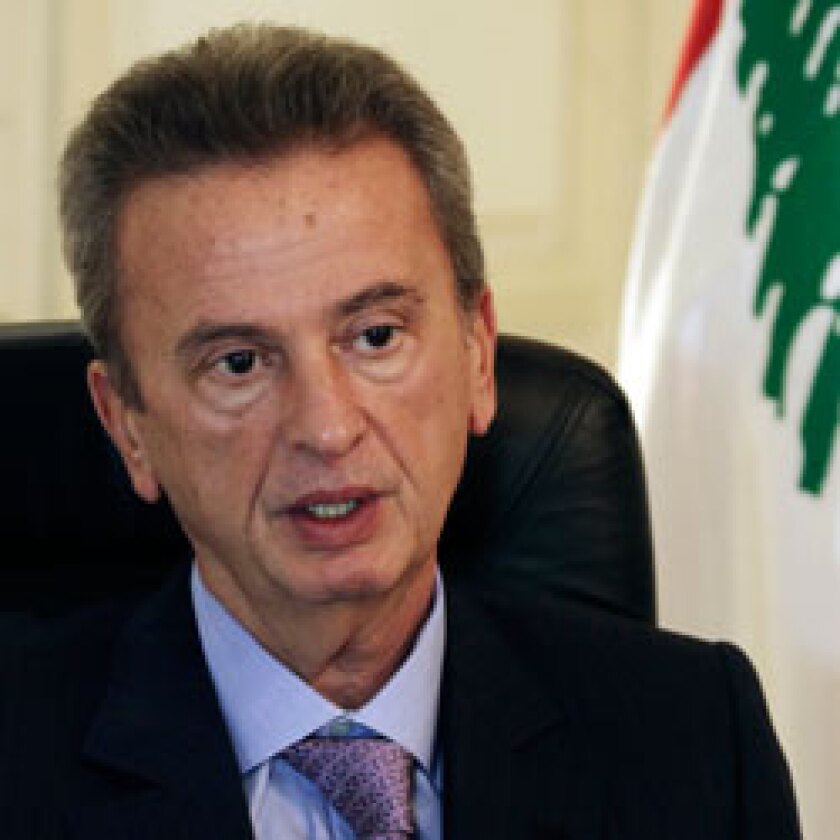The international community must step up economic and financial support for Lebanon, amid increasing strains on the country from the refugee crisis, central bank governor Riad Salameh told Emerging Markets.
Lebanon has harboured proportionally the highest number of refugees from the war in Syria, with numbers rising to around 1.5 million this year, around a third of the country’s population.
“Lebanon has not yet received the financial support needed to cope with this huge number of refugees,” said Salameh. “It’s important, if you want to cope with this situation, to develop the economy in Lebanon.
“That needs more assistance from regional and international countries. It also needs a comprehensive plan on how to improve the daily living conditions [of the refugees]. Some of these issues are being settled, but not enough to decrease the tension.”
Despite close cultural links between Lebanon and Syria, Salameh said that social differences and the plight of the refugees could lead to clashes with the local population — a fear others share. George Abed, regional director at the Institute of International Finance, agreed that Lebanon’s “ability to cope with the situation is being strained”, as the refugee crisis weighed on government spending needs, including security.
As pressure on the local job market and social services grows, Abed warned that the refugees “could cause friction with the local population” — potentially endangering Lebanon’s fragile internal peace.
FUNDING SHORTFALL
Salameh said Lebanon was yet not seeing the full benefit of a $30m multilateral fund set up in 2013 and co-ordinated by the World Bank.
By contrast, Jordan — which is coping with around 700,000 refugees in a slightly larger population — gained $150m in World Bank financial assistance as early as July 2013, followed by a $50m grant to local municipalities, and a $250m development policy loan in March 2014.
“Aid is coming more to Jordan than to Lebanon,” said Abed. Jordan’s relative success in using funds compared to Lebanon is another result of Lebanon’s dysfunctional civil service and political system, according to Abed, with the country unable to elect a president or pass a budget for the past eight years.
Salameh said that development funds from Abu Dhabi, Kuwait and Saudi Arabia should also do more to spur infrastructure development in Lebanon. He said this was crucial, not just for improving long term growth potential but also to spur a rebound in the struggling local construction sector — easing pressure on unemployment levels, which have doubled since the refugee crisis began.
“Today Lebanon needs political and security stability,” said Salameh, highlighting what he sees as the main cause of Lebanon´s low GDP growth, which has slipped to around 2% this year, according to the IMF, from almost 10% before the Arab Spring. “We hope that there is an international mobilization to help Lebanon.”
